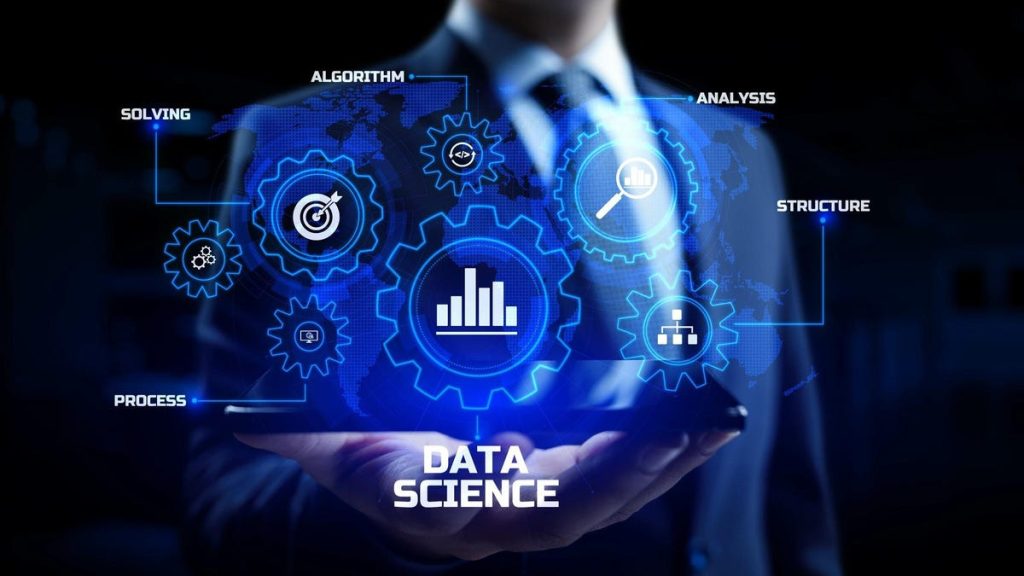
Data science and analytics have become buzzwords in today’s technology-driven world. With data’s exponential growth, organizations increasingly rely on data science and analytics to gain insights, make informed decisions, and drive innovation. But what exactly do these terms mean?
Data science can be defined as the interdisciplinary field that combines scientific methods, processes, algorithms, and systems to extract knowledge and insights from structured or unstructured data. It involves various techniques such as statistics, machine learning, data mining, and visualization to uncover patterns, trends, correlations, and other valuable information hidden within vast amounts of data.
Analytics is closely related to data science but focuses more on statistical analysis techniques to interpret data. It involves transforming raw data into meaningful information that can be used for decision-making purposes. Analytics can be categorized into descriptive analytics (what happened), diagnostic analytics (why it happened), predictive analytics (what will happen), and prescriptive analytics (what should be done).
The main goal of both data science and analytics is to turn raw data into actionable insights that can drive business value. By leveraging advanced technologies like artificial intelligence (AI) and machine learning (ML), organizations can analyze large datasets quickly and accurately to gain a competitive edge.
Data scientists play a crucial role in this process by applying their expertise in mathematics, statistics, programming languages like Python or R, database management systems like SQL or NoSQL, and domain knowledge to extract meaningful insights from complex datasets. They also need strong communication skills to effectively communicate their findings to stakeholders needing a technical background.
Data science has applications across various industries such as healthcare, finance, marketing, retail, manufacturing, and transportation – virtually any sector that generates large amounts of data. For example:
– In healthcare: Data scientists can analyze patient records to identify patterns that could lead to better diagnosis or treatment plans. – In finance: Data scientists can develop models for credit risk assessment or fraud detection, helping financial institutions make more informed decisions. – In marketing: Data scientists can analyze customer behavior and preferences to create targeted advertising campaigns or personalized recommendations.
Data science and analytics are constantly evolving as new technologies and techniques emerge. As organizations continue to generate massive amounts of data, the demand for skilled data scientists and analysts will only increase. Professionals in this field must stay updated with the latest tools, methodologies, and best practices to harness data’s power effectively.
Data science and analytics are essential disciplines that help organizations make sense of their vast amounts of data. By leveraging statistical analysis techniques, machine learning algorithms, and advanced technologies, businesses can gain valuable insights that drive innovation, improve decision-making processes, and ultimately achieve a competitive advantage in today’s data-driven world.
